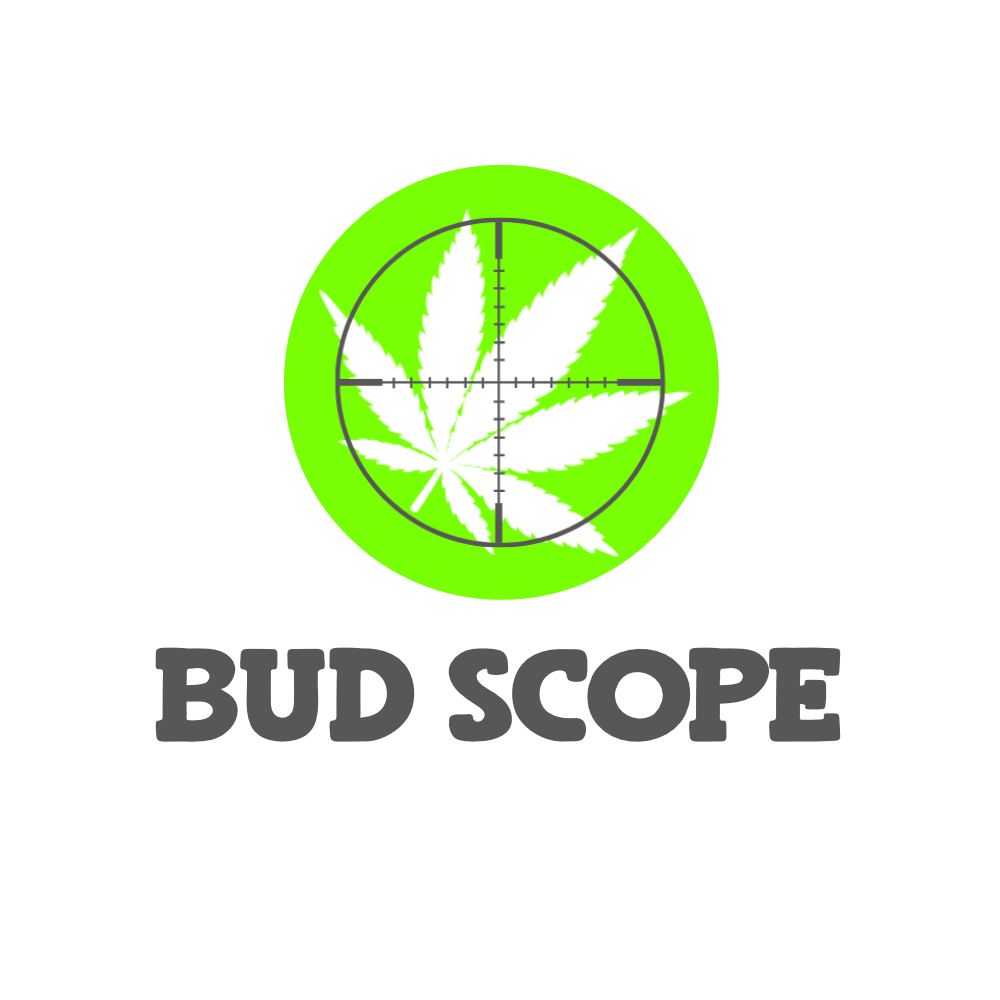Tags: Cannabis Compounds
Δ-8-Tetrahydrocannabinol (Δ-8-THC) is a psychoactive cannabinoid found in cannabis. It is similar to the more well-known Δ-9-THC, but with less potency. Δ-8-THC has been studied for its potential therapeutic effects, including antiemetic and anxiolytic properties.
Chemical Properties and Synthesis:
- Δ-8-Tetrahydrocannabinol (Δ-8-THC) is a tricyclic terpenoid with high lipophilicity, existing as a viscous, colorless oil at room temperature.
- Chemical synthesis of Δ-8-THC involves converting cannabidiol (CBD) under specific conditions, with concerns about impurities in untested products.
- Studies have demonstrated the isolation and synthesis of various THC metabolites, including specific THC isomers, and the stereospecific synthesis of THC.
- Isomerization of CBD to tetrahydrocannabinols has been achieved, highlighting increased chemical stability in Δ-8-THC compared to Δ-9-THC.
Pharmacology and Pharmacokinetics:
- Δ-8-THC acts as a partial agonist of cannabinoid receptors, binding less efficiently than Δ-9-THC but sharing similar pharmacological profiles.
- Metabolism of Δ-8-THC involves hepatic enzymes converting it to 11-hydroxy-Δ-8-THC and further metabolizing it for excretion.
- Pharmacokinetic studies show similarities between Δ-8-THC and Δ-9-THC, with Δ-8-THC having half the potency of Δ-9-THC in biological activity measures.
- Δ-8-THC has been evaluated for its diverse pharmacology, potential as a substrate, inhibitor, and inducer of human drug metabolizing enzymes, and its lipophilicity influencing pharmacological potency.
Safety and Legal Concerns:
- Products sold as Δ-8-THC may contain impurities, other cannabinoids, and unknown by-products due to synthesis processes, raising safety concerns.
- Long-term safety effects of Δ-8-THC use are unknown, with adverse event reports and deaths associated with its products.
- Legal issues surround the content of Δ-8-THC in products, leading to raids, arrests, and regulatory warnings, with varying court decisions on its legality.
- FDA has not evaluated or approved Δ-8-THC, taking action against businesses marketing it for therapeutic use or resembling food products, highlighting uncertainties about its safety and quality.
Research and Market Trends:
- Limited large clinical studies have been conducted on Δ-8-THC alone, with ongoing research focusing on its pharmacologic and pharmacokinetic similarities to Δ-9-THC.
- Research has explored the effects of cannabinoids, including Δ-8-THC, on various bodily functions, with studies on its chemistry, structure-activity relationships, and safety.
- Δ-8-THC products are widely accessible in the market, available in various forms like edibles, vaping cartridges, and infused drinks, catering to consumer preferences and interests.
- Market dynamics and legal challenges exist in the sale and distribution of THC products, with some states regulating Δ-8-THC under their cannabis systems.
Legality and Distribution:
- Δ-8-THC was effectively made illegal in 1937, with subsequent legal changes and regulations affecting its status in the United States.
- States like California, Pennsylvania, Michigan, and Oregon have regulated the sale of Δ-8-THC products, with enforcement actions against retailers selling non-compliant products.
- Law enforcement agencies actively prosecute stores distributing illegal levels of Δ-8-THC products, with concerns about incidental manufacture during cannabidiol production.
- Distribution of Δ-8-THC products in licensed, regulated cannabis industries since 2020, with FDA actions highlighting safety concerns and lack of approval for therapeutic use.
Δ-8-Tetrahydrocannabinol Data Sources
| Reference | URL |
|---|---|
| Glossary | https:/glossary/δ-8-tetrahydrocannabinol |
| Wikipedia | https://en.wikipedia.org/wiki/Δ-8-Tetrahydrocannabinol |
| Wikidata | https://www.wikidata.org/wiki/Q27274350 |
| Knowledge Graph | https://www.google.com/search?kgmid=/g/11gchzx6s_ |
| DBPedia | http://dbpedia.org/resource/Δ-8-Tetrahydrocannabinol |
| Product Ontology | http://www.productontology.org/id/Δ-8-Tetrahydrocannabinol |
